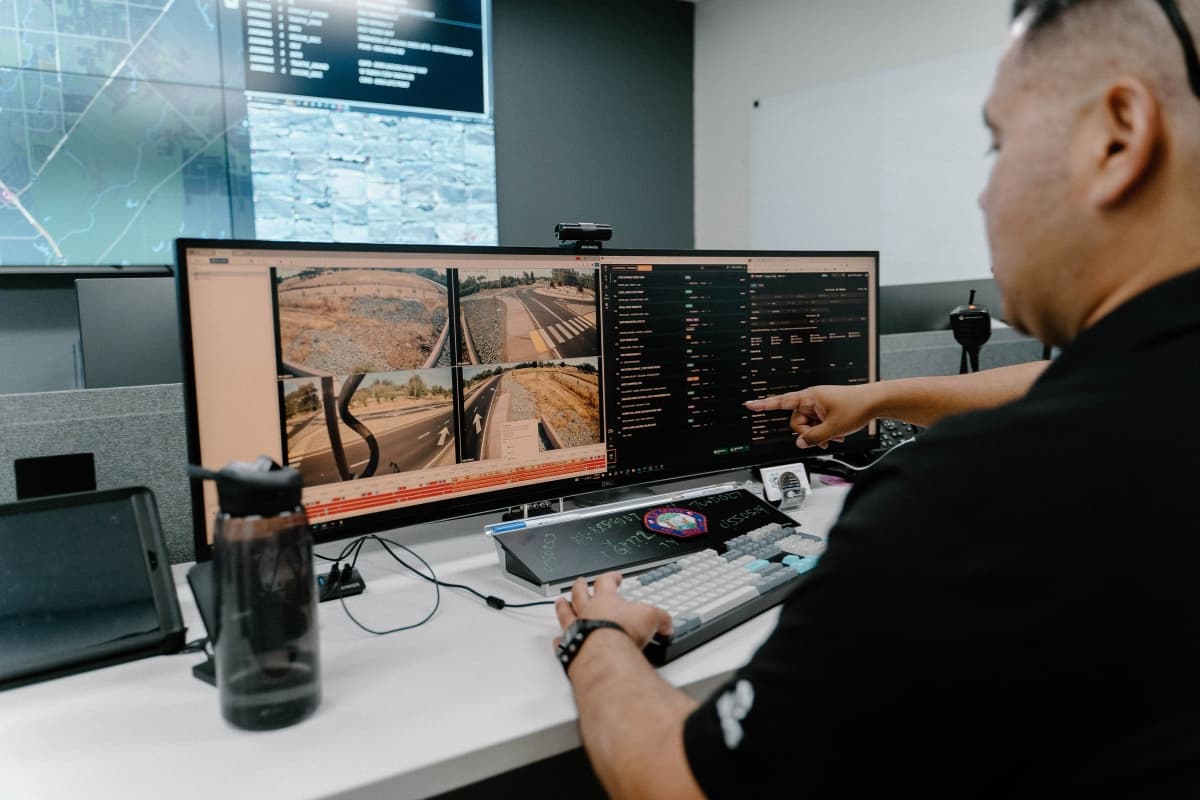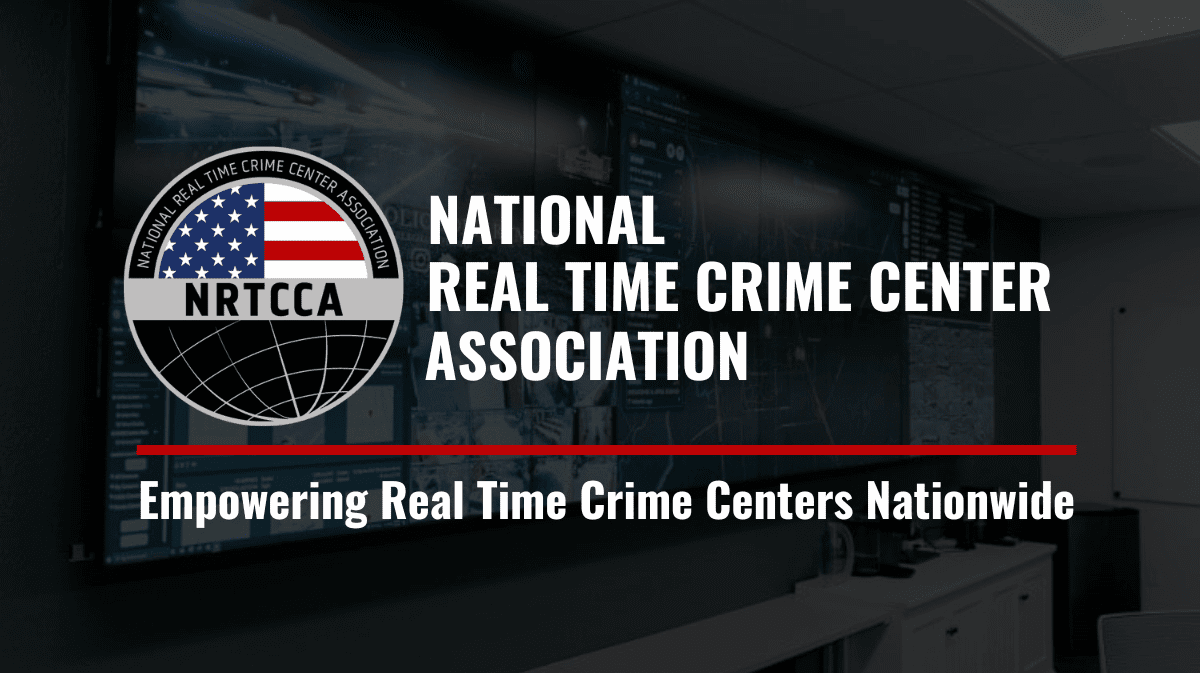
Breaking the Silence: Encouraging Mental Health Conversations in Law Enforcement
By Det. Jared Kosina, Salt River Police Department,
Director of Training NRTCCA
In the demanding world of law enforcement, addressing mental health has often been a silent struggle. The stigma surrounding mental health issues can create barriers, preventing open discussions that are crucial for the well-being of all law enforcement professionals. It’s time to break the silence and foster a culture that encourages dialogue around mental health in law enforcement.
Destigmatizing Mental Health: The first step in fostering conversations is to destigmatize mental health within the law enforcement community. Shift the narrative from viewing mental health concerns as signs of weakness to recognizing them as normal human experiences. Highlight that seeking help is a sign of strength and a commitment to personal and professional growth.
Leadership Sets the Tone: Leadership plays a pivotal role in shaping organizational culture. Leaders within law enforcement agencies should actively promote mental health discussions. By sharing their own experiences, if comfortable, and emphasizing the importance of well-being, leaders set an example that encourages employees at all levels to engage in open conversations about mental health. Agencies can contact local groups with support animals. Many times, just having a support dog around starts the conversations. Plus, everybody smiles when a puppy walks in the office.
Leadership should also remember to not just focus on sworn officers. Crime scene technicians, analysts, dispatchers, prosecutors and records clerks all experience trauma through the job.
Training on Communication Skills: Provide training on effective communication skills that empower officers to express their thoughts and feelings constructively. Encourage the use of clear language to articulate emotional challenges. By honing these skills, officers can navigate mental health conversations with colleagues, superiors, and support networks more confidently. Many times, this is done through department CISM/Peer support teams and formal debriefs.
Establishing Confidential Support Channels: Create confidential avenues for officers to seek support without fear of judgment. Establishing employee assistance programs, helplines, or counseling services can offer discrete and professional assistance. This ensures that officers have access to the help they need while maintaining their privacy. Always vet your mental health providers. Seek providers specifically trained in first responder health.
Normalizing Mental Health Check-Ins: Make mental health check-ins a routine part of discussions within law enforcement agencies. By normalizing these conversations, employees may feel more comfortable sharing their experiences and seeking advice. This approach helps identify potential issues early, preventing them from escalating into more serious concerns. A simple, how are you? Or that call was bad, how are you doing after that? Follow up within a few days and ask them again.
Peer Support Programs: Implement peer support programs that connect officers with colleagues who have undergone training to provide emotional assistance. Peer support creates a sense of camaraderie, allowing employees to discuss challenges with someone who understands the unique stresses of the job. This informal network can serve as a valuable resource for mental health support.
Celebrating Success Stories: Highlight success stories of employees who have navigated mental health challenges and found support. Sharing these stories reduces isolation and inspires others to seek help. By showcasing positive outcomes, the law enforcement community can foster hope and encourage a proactive approach to mental well-being.
Breaking the silence surrounding mental health in law enforcement requires a collective effort to create an environment where employees feel safe to discuss their experiences openly. By promoting understanding, empathy, and support, the law enforcement community can work towards prioritizing mental health and ensuring the overall well-being of its dedicated professionals.
RTCC of the Month
Louisville Metro Police Department’s Real Time Crime Center is the Real Time Crime Center of the month. The LMPD RTCC had a nomination for both supervisor of the year (Jennifer Corum) and NRTCCA member of the year, (Melissa Felkins) each of whom spoke at the conference this year. LMPD’s RTCC has substantially grown since 2014 from just one category of Crime Analysts, to now having Tactical and Strategic Criminal Intelligence Analysts, providing real time and long-term investigative support to the department and surrounding communities 24/7. We applaud them for being forward-thinking and moving out of the normal status quo to meet the needs and demands of their community and agency.

Policing from Above: Drones and the Greater Public Good
By Sgt. Erik Lavigne, Forth Worth Police Department,
NRTCCA Communications Director
In the evolving landscape of modern law enforcement, drones have become a significant part of police operations, sparking a debate that often likens law enforcement to George Orwell’s ‘Big Brother’. While these concerns are valid, it’s essential to consider the broader context of drone usage for the public good.
The fear of police drones mirrors the classic ‘Big Brother’ worry: the idea that surveillance, in its most intrusive form, erodes privacy and civil liberties. With drones’ ability to capture high-resolution imagery from great distances, the potential for abuse of this technology is evident. Critics argue that the unfettered use of drones can lead to constant surveillance, transforming public spaces into zones of suspicion and control.
However, dismissing drones solely on these grounds could be a hasty judgment. Drones, like any tool, are not inherently good or bad; their impact depends largely on how they are used and regulated.
Used appropriately, police drones can greatly enhance public safety. They provide an ‘eye in the sky’ during emergencies, helping coordinate responses, locate missing persons, or monitor natural disasters. These can be monitored through Real Time Crime Centers. Drones can also de-escalate potentially dangerous situations, such as standoffs, by providing crucial real-time information without putting officers or civilians at risk.
Despite these benefits, the potential for misuse cannot be ignored. To mitigate the ‘Big Brother’ concern, strong legal frameworks and stringent oversight are necessary. Clear policies should define when, where, and how police drones can be used, with explicit guidelines on data management to protect citizens’ privacy. Such regulations would help maintain the delicate balance between public safety and personal privacy. The NRTCCA is actively navigating these waters to assist departments in implementing drone programs with best practices; to include transparent policy and procedures to present to the public.
Moreover, fostering transparency and public involvement in decision-making processes is crucial. It is widely accepted citizens should have a say in how their communities are policed, including the use of drones. We have found with some of our members that inclusion can cultivate public trust and acceptance, reducing fears of overbearing surveillance from RTCC’s.
In conclusion, drones, while raising legitimate privacy concerns, offer significant benefits to law enforcement and public safety. The key lies in careful regulation and transparent use, ensuring that the ‘eye in the sky’ remains a guardian, not a ‘Big Brother’. The potential of police drones should not be hindered by fear, but guided by respect for civil liberties, fostering a safer and more inclusive society. The NRTCCA is here to help navigate this quickly changing landscape of real time crime and the methods used to fight crime with the citizens we serve.
Membership Meetings for 2023
The last NRTCCA Membership meeting is on December 6th at 10 AM, MST. If you don’t receive the invite, please email Tom Ward, the Membership Director, at tward@nrtcca.org.
Need Help or Have a Question?
If you need help or have a question about NRTCCA or real time crime centers, reach out to any member of our board.
Board Members
THE EXECUTIVE BOARD
Chris Henningsen, President – Email
Nikki North, Vice President of Administration – Email
Ross Bourgeois, Vice President of Training & Development – Email
Marcos Hernandez, Treasurer – Email
Sarah Jex, Secretary – Email
THE BOARD OF DIRECTORS
Jared Kosina, Training Director – Email
Thomas Ward, Membership Director – Email
Michelle Potts, Conference Director – Email
Erik Lavigne, Communications Director – Email
Emily Spindler, Partnership Director – Email
Matt Patin, Professional Development Director – Email


